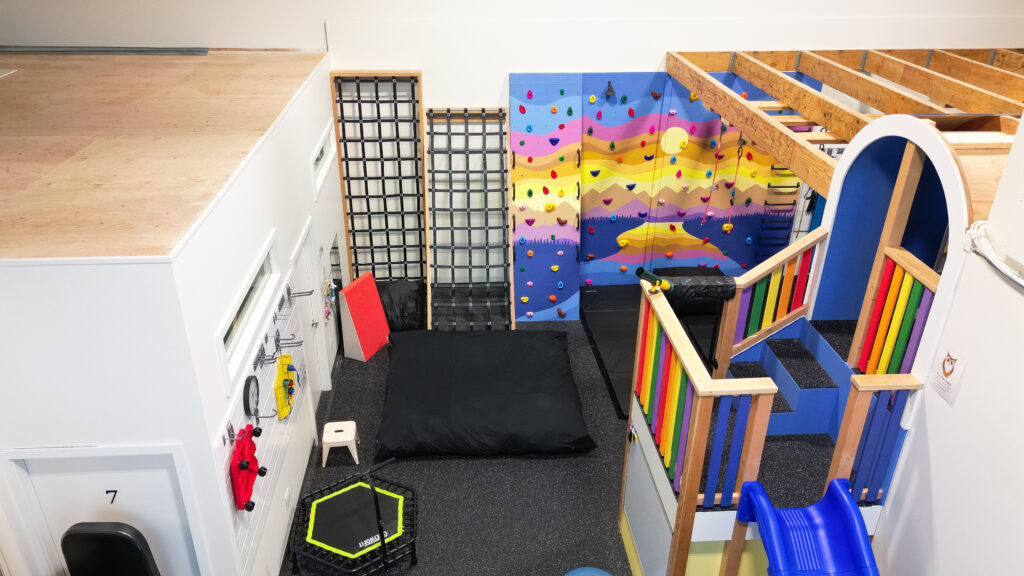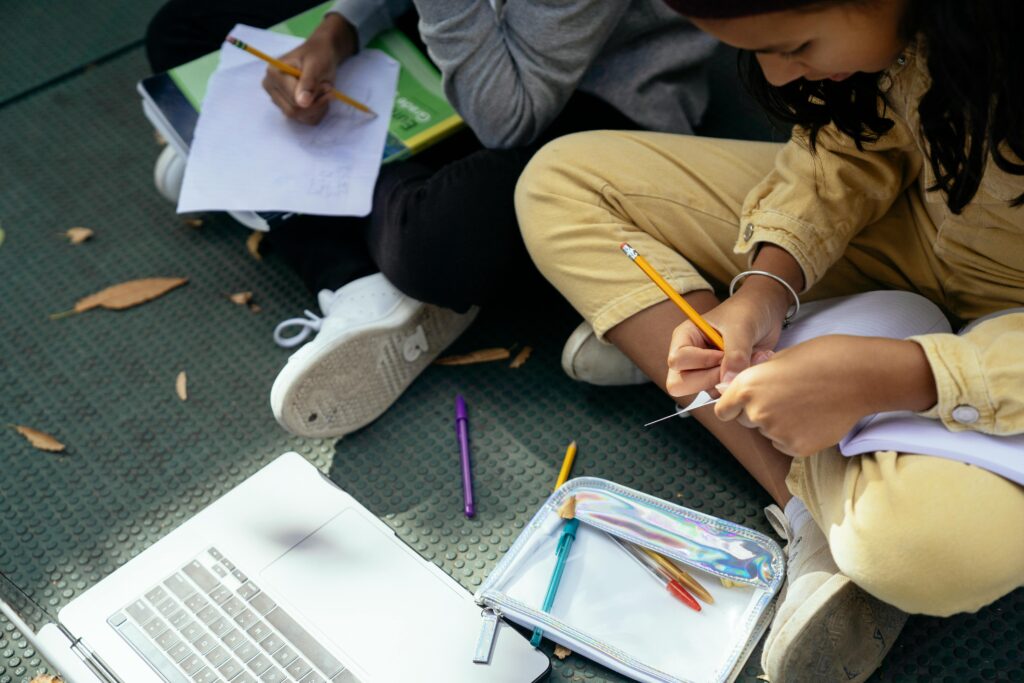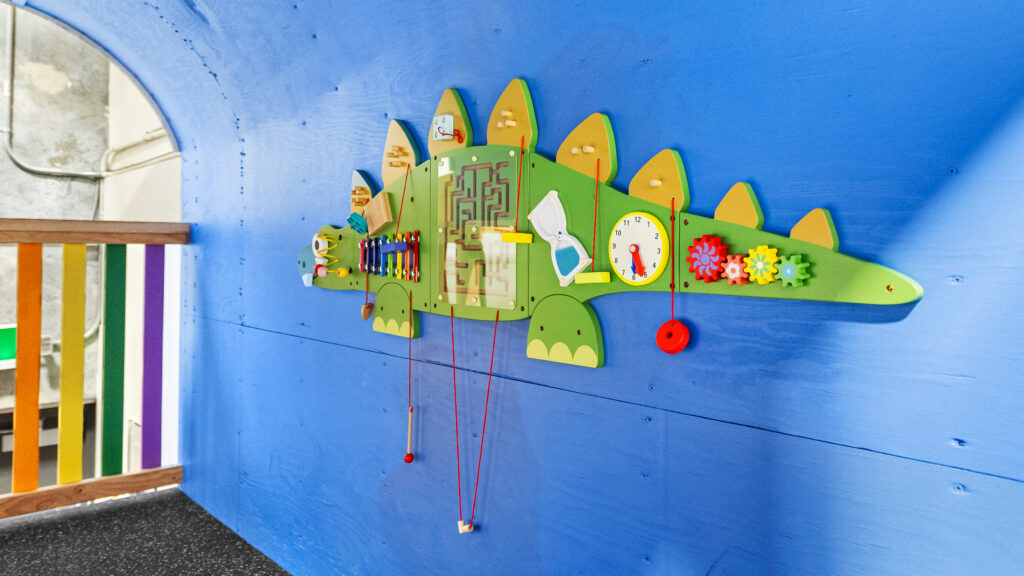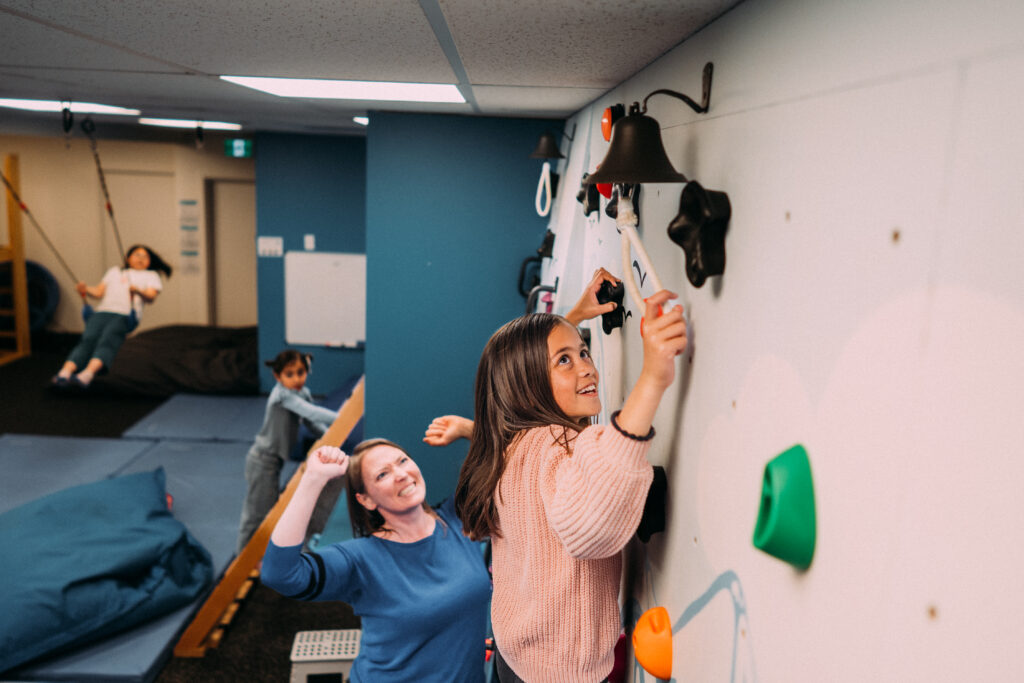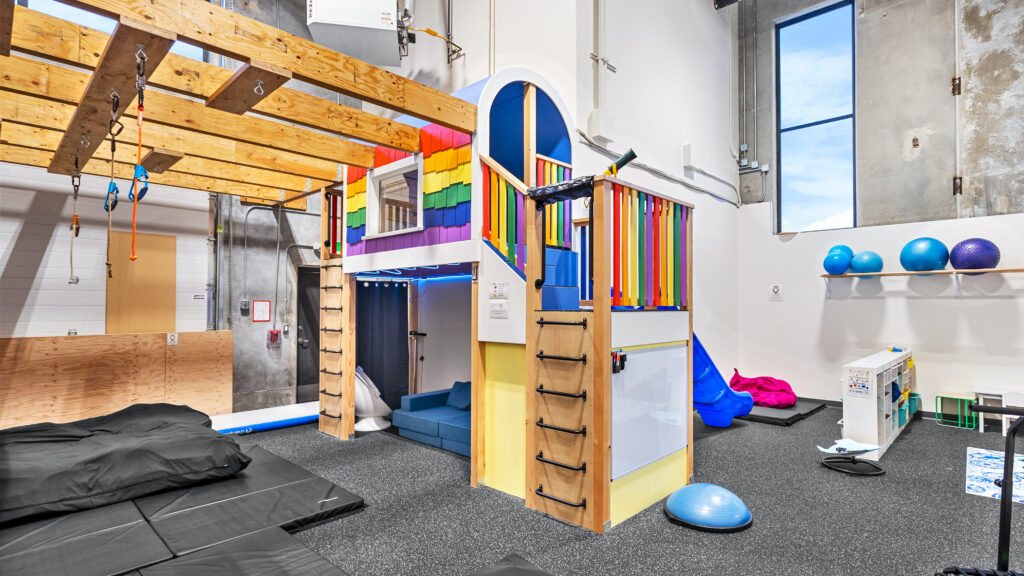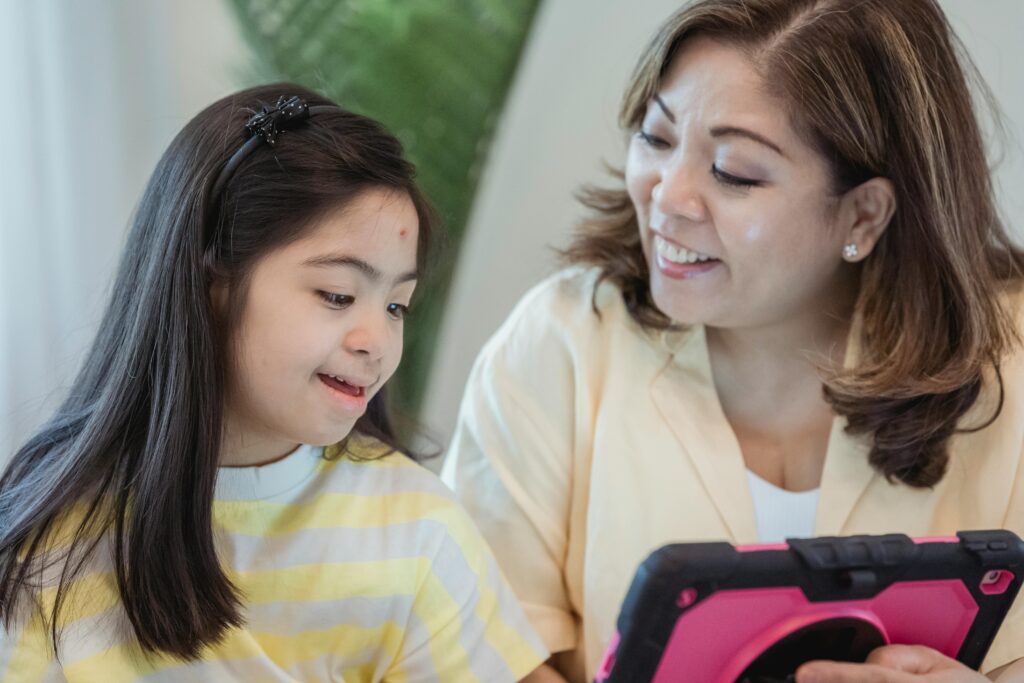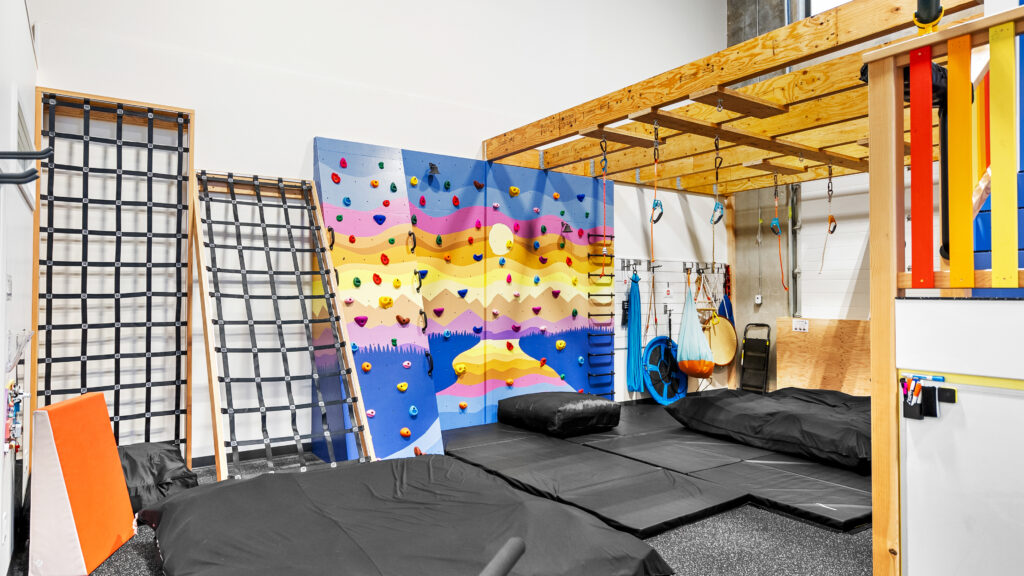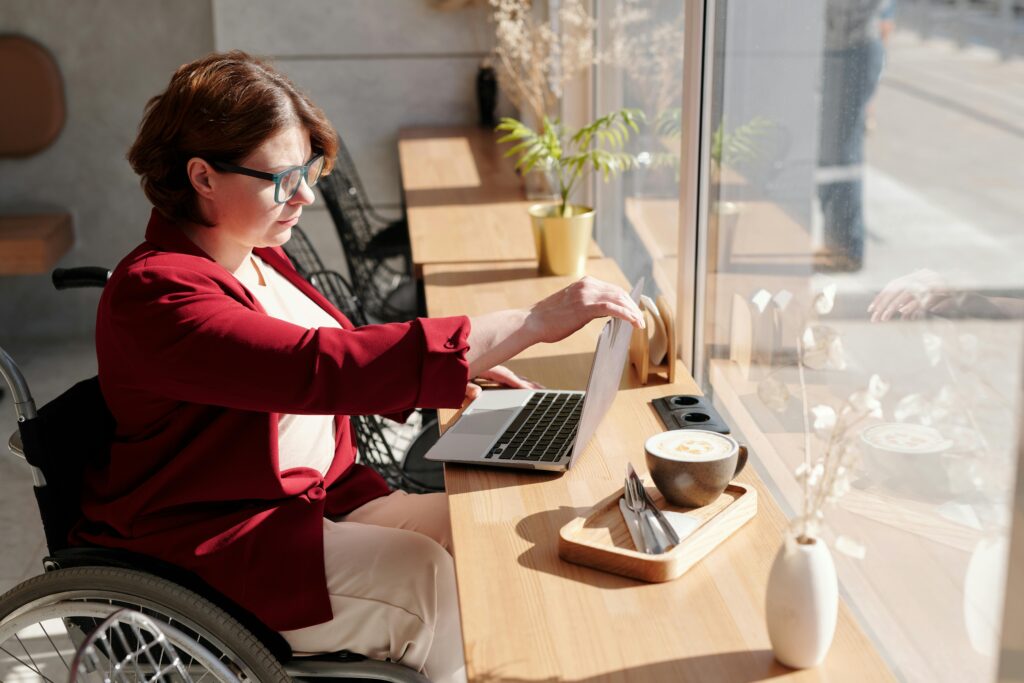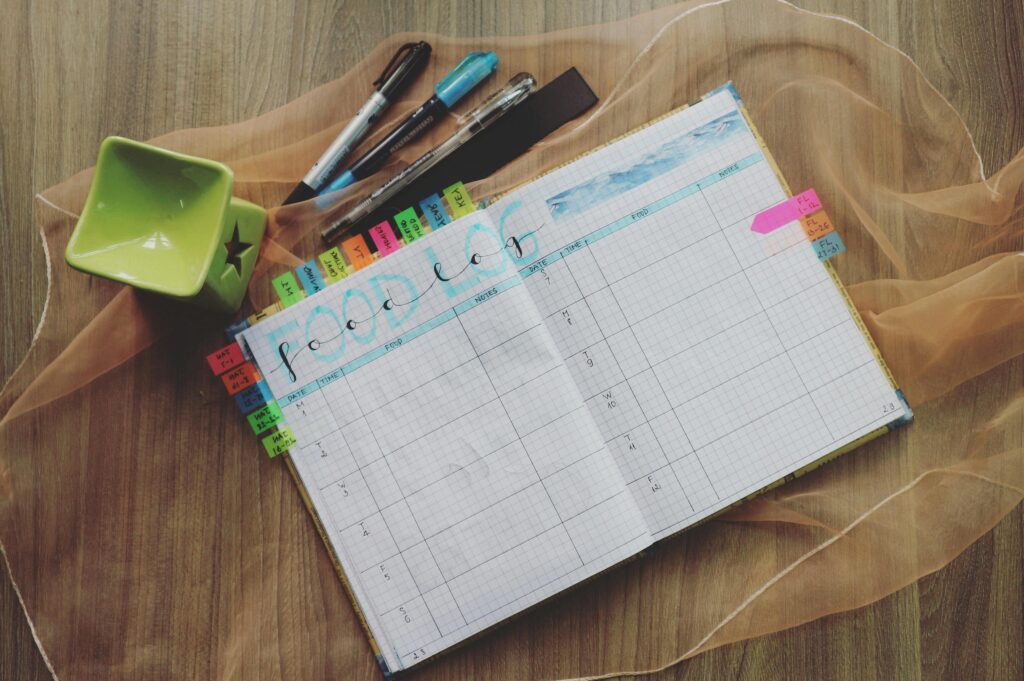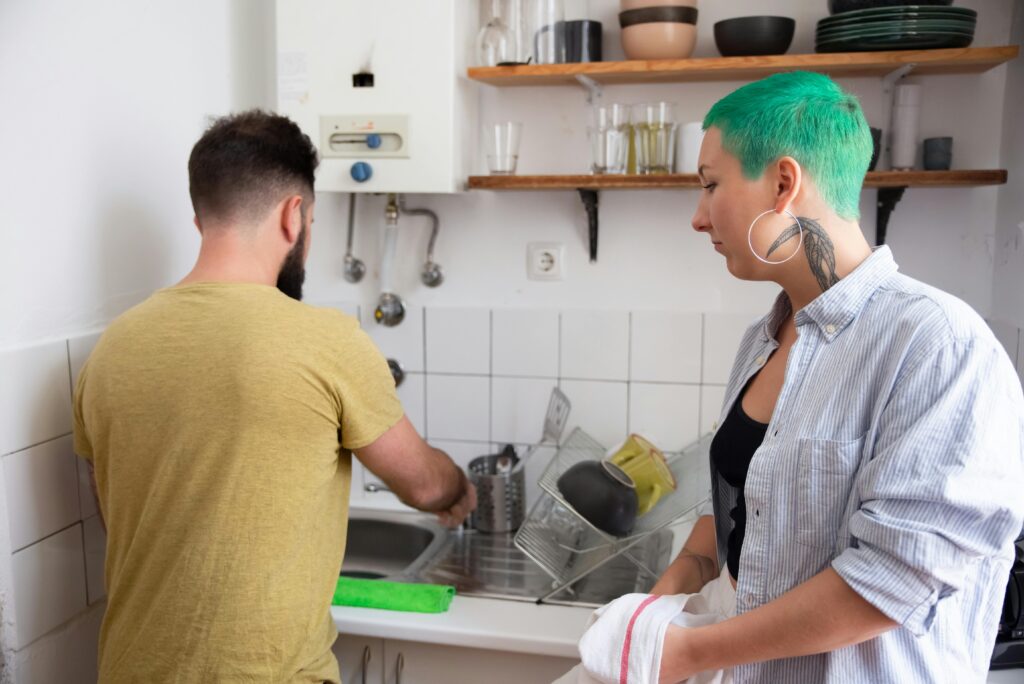Occupational Therapy
Occupational Therapy Services for Children & Adults
At Victoria Speech and Language Centre, we celebrate the unique strengths and experiences of every individual.
Our occupational therapy services are designed to support neurodiverse individuals in achieving their personal goals and enhancing their quality of life.
Occupational Therapy for Children/ Teens
Fine Motor Skills
Executive Functioning Skills
Social-Emotional Skills
Sensory Processing
Tools and Strategies for Difficulty Processing Different Inputs;
Self-Regulation
Self-Care Skills
Gross Motor Skills
Neurodiversity-Affirming Occupational Therapy Services

Occupational Therapy for Adults
Neurodiversity
Food/ Eating
Employment & Career
Communication
Emotional Regulation
Executive Functioning
Sensory Processing
Specific Goals
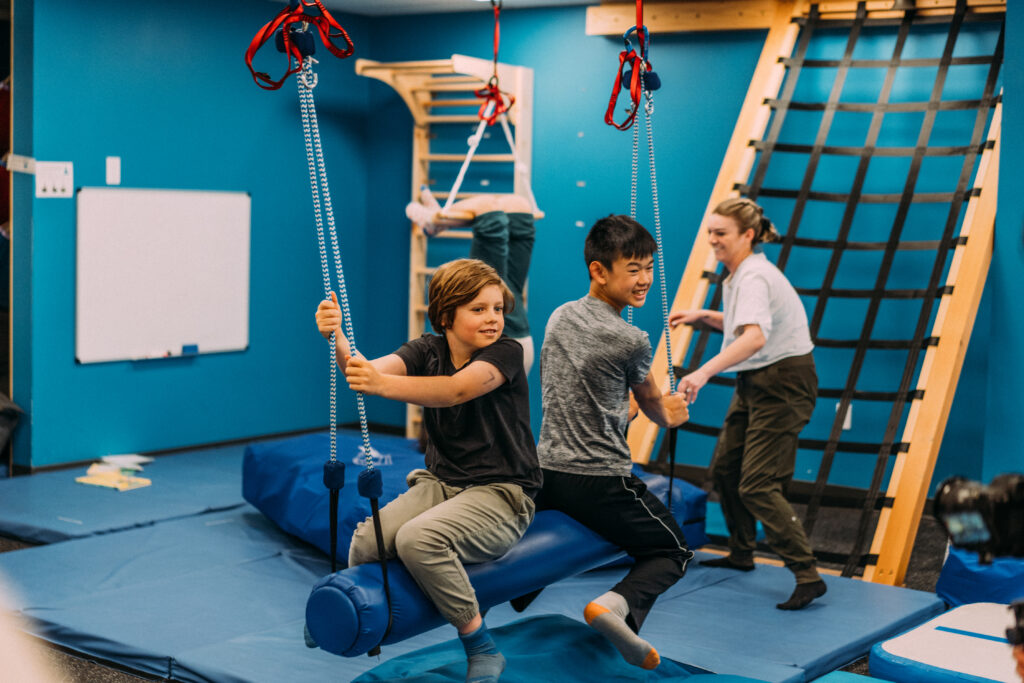
“The most important aim of occupational therapy is to promote the ability to participate in occupations meaningful to the client.”
(“Scope of Practice,” 2014)
Our Services
Occupational Therapy helps individuals develop skills for daily activities at home, school, work, and in the community. Our therapists create individualized therapy plans to address various challenges people may face. With a strong background in both pediatric and adult services, our full-time occupational therapists work collaboratively with speech-language pathologists to provide comprehensive support for you or your child’s needs.
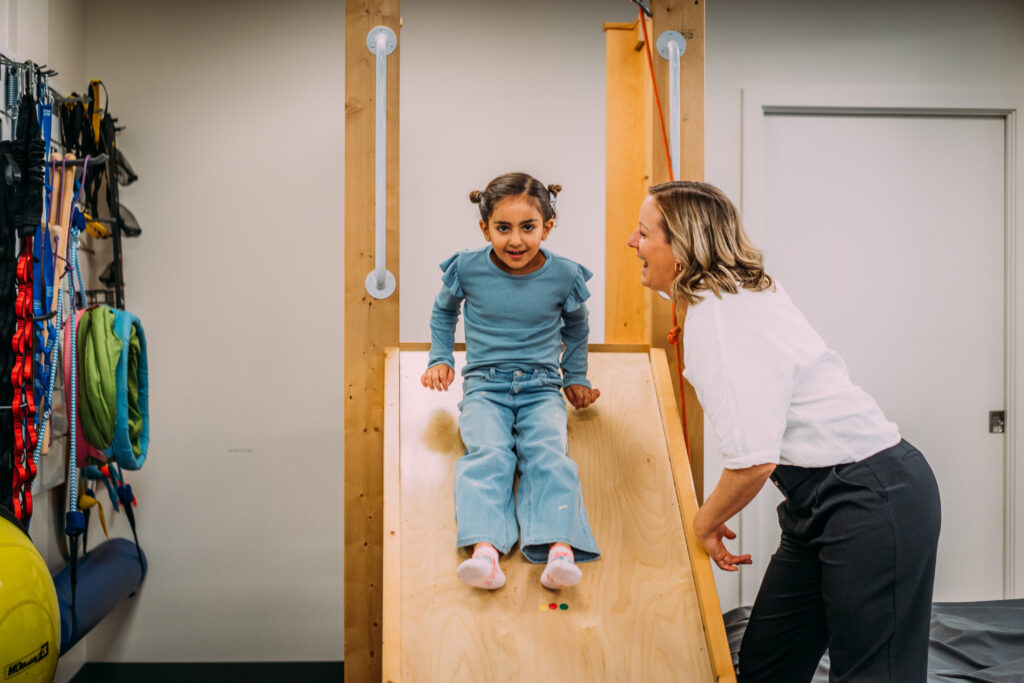
What Funding Covers Occupational Therapy?
Autism Funding and Billing Information
To determine if you can bill our Occupational Therapy Services to Autism Funding, we recommend contacting them directly for eligibility details.
Alternative Funding Options
If your family income meets the criteria, charity funding may be available for children aged 0-18 years old. Please explore these options further to see if they can support your needs.
Please see our Funding Page or Contact Us for more information.



